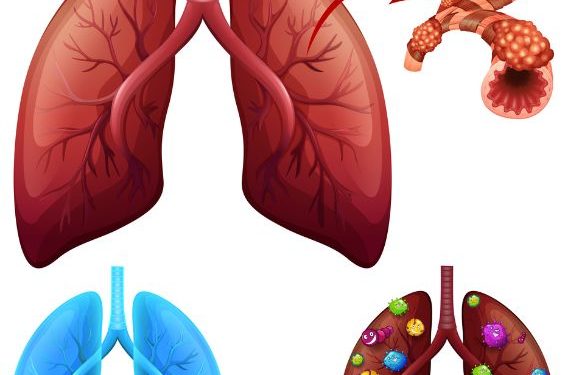A diagnosis of stage 4 lung cancer may feel overwhelming. Getting the support you need is important. Talking about how you feel with a trusted friend or family member is one way to cope. Another option is to seek counseling or join a support group. Having access to expert caregivers can also be helpful. These resources can help you make health care decisions that improve your quality of life.
Lung cancers are divided into stages based on how much the cancer has spread at the time of diagnosis. Stage 4 lung cancer, also known as metastatic lung cancer, means the tumor has already spread from the lung where it first began to other areas of the body. This is considered advanced stage lung cancer, which can only be treated by palliative care.
Symptoms in this stage of lung cancer tend to be severe and can affect the entire body. Patients often experience pain, fatigue and a reduction in their ability to do everyday tasks. Some symptoms can be difficult to distinguish from the effects of other illnesses, such as digestive problems or jaundice (yellowing of the skin and eyes).
Non-small cell lung cancer and small cell lung cancer are both treated similarly at this stage, though the prognosis is worse for small cell cancer. A person with stage 4 lung cancer is considered metastatic if the cancer has spread to the other lung or to distant organs, such as the brain, liver or bones. Stage 4 lung cancer is further divided into substages, such as 4A and 4B, based on how extensively the tumor has spread.

In general, people with stage 4 lung cancer are not cured. However, with proper treatment, patients can extend their life and reduce the severity of their symptoms. Treatment options for stage 4 cancer include chemotherapy and radiation. In some cases, immunotherapy drugs like durvalumab (Imfinzi) and pembrolizumab (Keytruda) can also be used to treat advanced lung cancer.
If the cancer has only spread to a single area, doctors may recommend surgery to remove it or they might use a combination of chemo and radiation, called chemoradiation. They might also prescribe a drug called prophylactic cranial radiotherapy to prevent the spread of cancer cells to the brain.
If the cancer has spread widely, doctors might not be able to perform surgery or chemoradiation. However, they can help improve the patient’s quality of life by prescribing pain relief medications and other palliative treatments, such as oxygen therapy and steroid treatment. If the patient is in good overall health, they might also consider taking part in a clinical trial to test new treatments. These trials may offer the hope of a cure for some stage 4 patients. However, it is important to weigh the risks and benefits of participating in a clinical trial carefully with your doctor.









